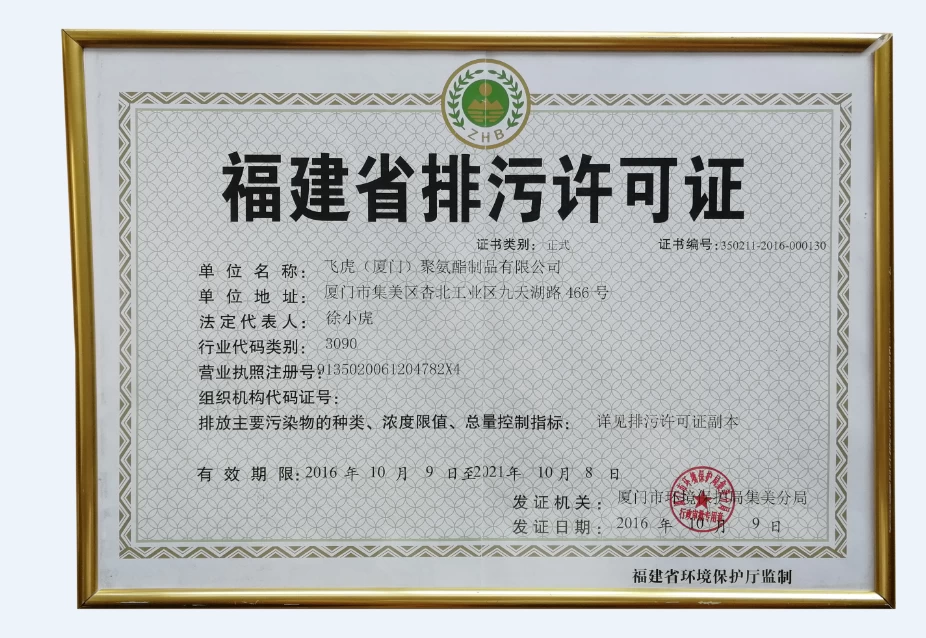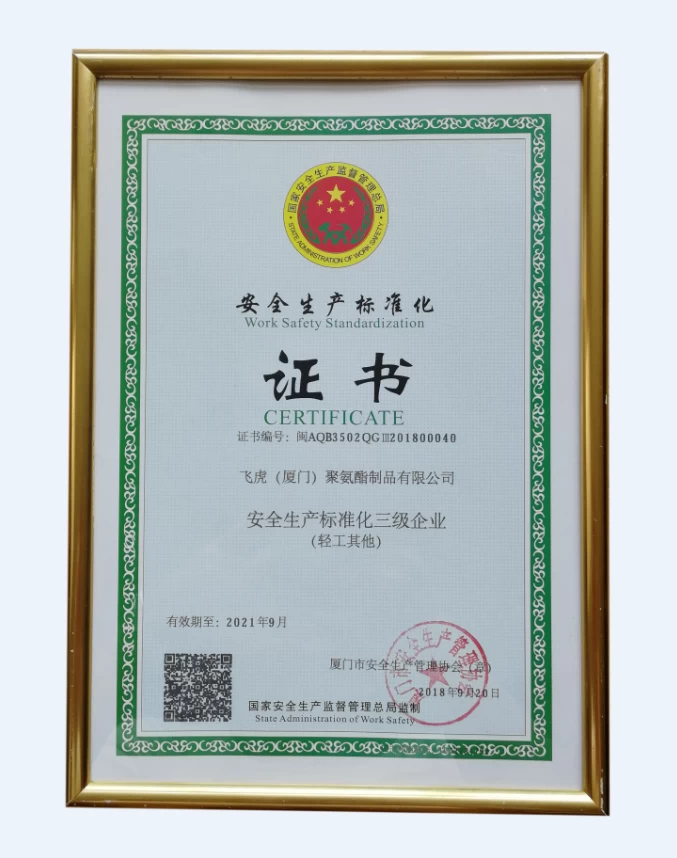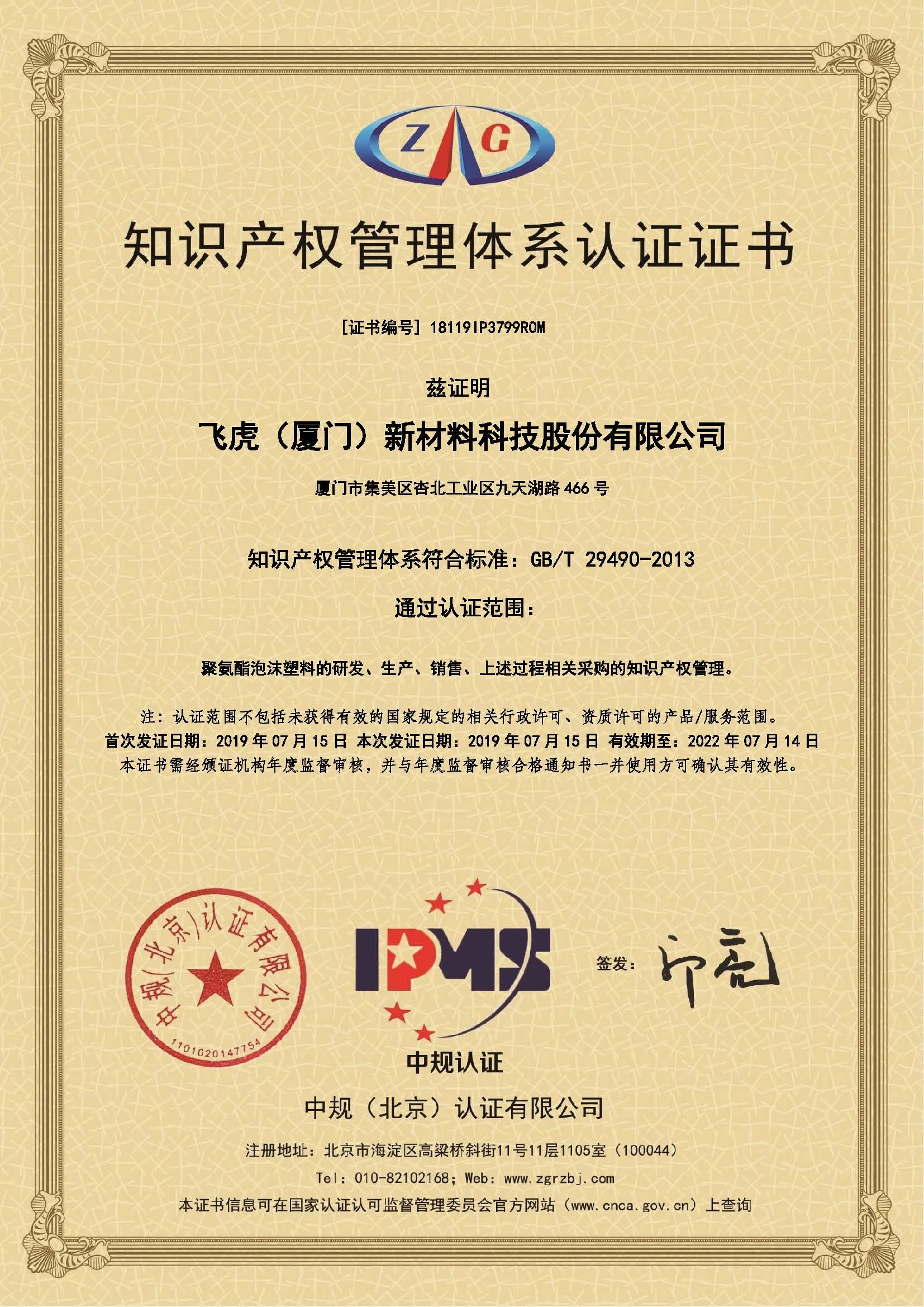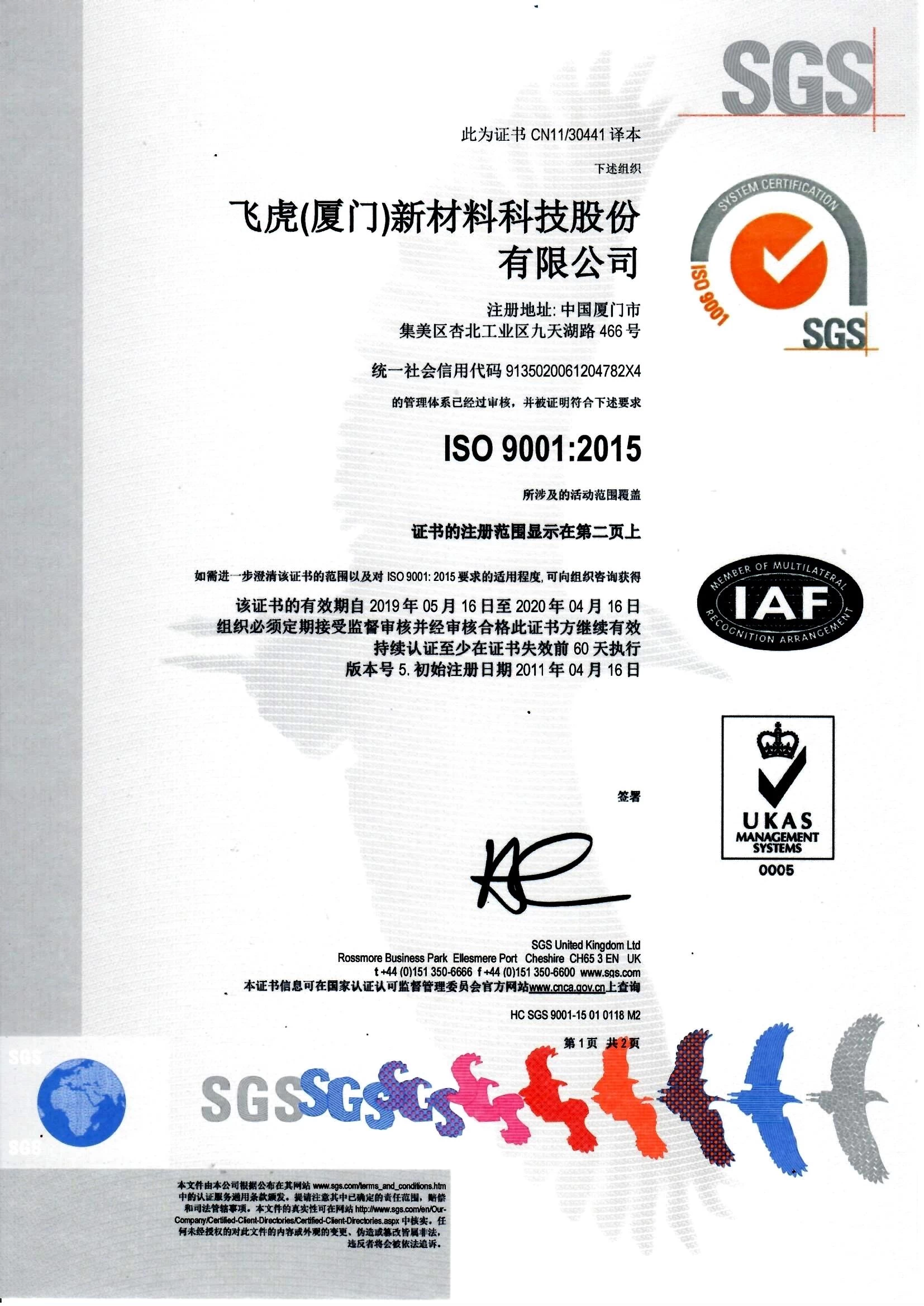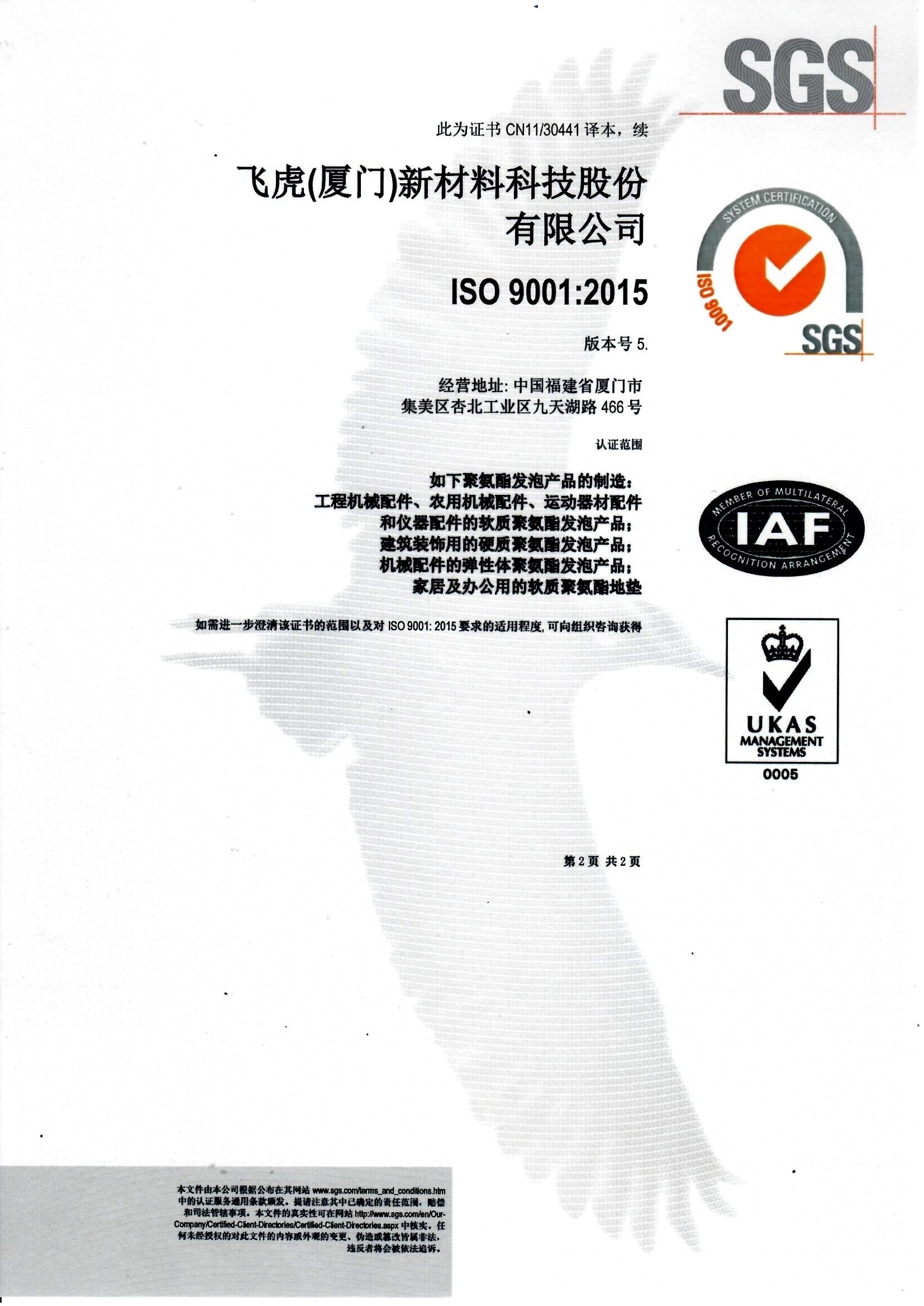Singapore is planning to cut off web access for public


Singapore is planning to cut off web access for public servants as a defence against potential cyber attack – a move closely watched by critics who say it marks a retreat for a technologically advanced city-state that has trademarked the term “smart nation”.
Some security experts say the policy, due to be in place by May, risks damaging productivity among civil servants and those working at more than four dozen statutory boards, and cutting them off from the people they serve.
It may only raise slightly the defensive walls against cyber attack, they say.
Ben Desjardins, director of security solutions at network security firm Radware, called it “one of the more extreme measures I can recall by a large public organisation to combat cyber security risks”.
Stephen Dane, a Hong Kong-based managing director at networking company Cisco Systems, said it was “a most unusual situation” and Ramki Thurimella, chair of the computer science department at the University of Denver, called it both “unprecedented” and “a little excessive”.
But other cyber security companies said that with the kind of threats governments face today, Singapore had little choice but to restrict internet access.
FireEye, a cyber security company, found that organisations in south-east Asia were 80% more likely than the global average to be hit by an advanced cyber attack.
Singapore officials said no particular attack triggered the decision but noted a breach of one ministry in 2015. David Koh, chief executive of the newly formed Cyber Security Agency, said officials realised there was too much data to secure and the threat “is too real”.
Public servants would still be able to surf the web but only on separate personal or agency-issued devices.
Anthony James, chief marketing officer at cyber security company TrapX Security, recalled one case where an attacker was able to steal data from a law enforcement client after an employee connected his laptop to two supposedly separated networks.
“Human decisions and related policy gaps are the number one cause of failure for this strategy,” he said.
Singapore’s Infocomm Development Authority (IDA) said it had worked with agencies on managing the changes “to ensure a smooth transition” and was “exploring innovative work solutions to ensure work processes remain efficient”.
One 23-year-old manager, who gave only her family name, Ng, said blocking web access would only harm productivity and may not stop attacks.
“Information may leak through other means, so blocking the internet may not stop the inevitable from happening,” she said.
It’s not just the critics who are watching closely.
Local media cited one Singapore minister as saying other governments, which he did not name, had expressed interest in its approach.
William Saito, a special cyber security adviser to the Japanese government, said some Japanese companies had cut internet access in the past year, usually after a breach.
“They cut themselves off because they thought it was a good idea,” he said, “but then they realised they were pretty dependent on this internet thing.”
Related news:
- Polyurethane best anti fatigue floor mats antifatigue kitchen mats, anti slip stair mats anti slip mats for stairs, anti slip mat for kitchen
- Polyurethane no slip bath mat non skid mat floor foam mats cushioned kitchen mats cushion mat
- wrought iron balcony balustrade.exterior balustrades.terrace balustrade.iron balustrade
- balustrades for sale.balustrade outdoor.stainless steel balustrade.decorative balustrade
- baluster mold,stair baluster,railing baluster,balcony baluster




